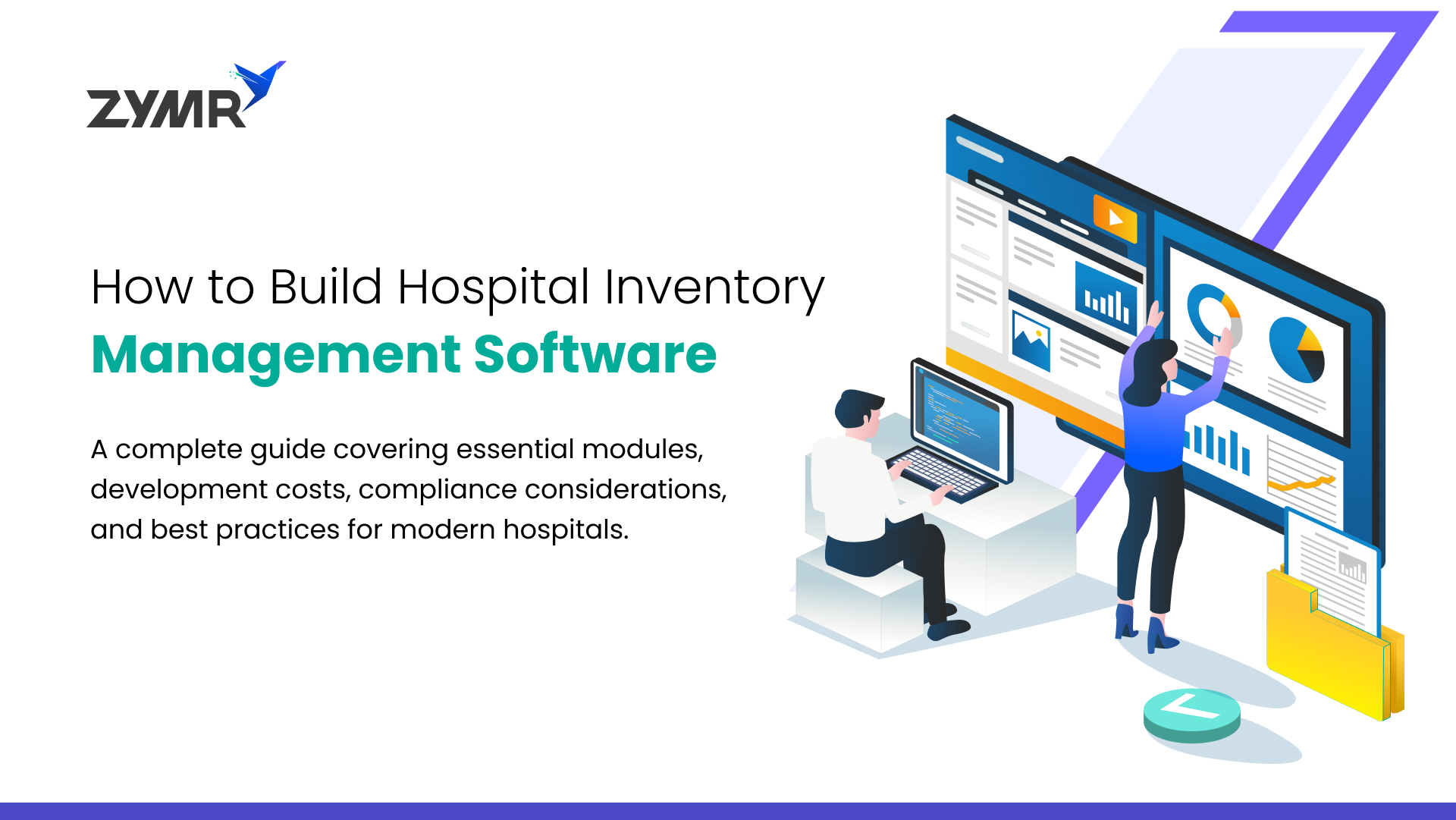In the rapidly evolving world of software development, ensuring high-quality applications is crucial for success. Two essential components that play a significant role in achieving this goal are unit testing services and test automation services. In this blog post, we will explore the benefits and importance of these services in delivering reliable software solutions. Unit testing services form the backbone of software quality assurance. These services focus on testing individual units or components of a software system in isolation to ensure their proper functionality. By employing thorough unit testing, development teams can identify and rectify bugs early in the development cycle, saving valuable time and resources.
- Early Bug Detection: By rigorously testing individual units, developers can catch and fix bugs at an early stage, preventing them from propagating throughout the system. This proactive approach saves time and effort by reducing the complexity of bug fixing in later stages.
- Code Refactoring: Unit tests act as a safety net when making changes to code. With unit testing services in place, developers can confidently refactor their code, knowing that the associated unit tests will validate the changes and ensure the overall integrity of the system.
- Documentation and Knowledge Transfer: Unit tests serve as living documentation, providing insights into the intended behavior of each unit. This documentation aids in understanding and maintaining the codebase, facilitating knowledge transfer among team members and improving overall collaboration.
QA Automation Services: Streamlining Testing Efforts
In addition to unit testing services, QA automation services further enhance the quality of software by automating various testing processes. QA and software testing services involves using specialized tools and frameworks to automate repetitive and time-consuming testing tasks. This approach helps optimize testing efforts, increase test coverage, and accelerate the software development lifecycle.
Key benefits of QA automation services include:
- Improved Testing Efficiency: By automating repetitive test cases, QA automation services significantly reduce the time and effort required for testing. Test suites can be executed repeatedly with consistent accuracy, enabling efficient regression testing and freeing up QA teams to focus on more complex scenarios.
- Enhanced Test Coverage: With QA automation, it becomes feasible to cover a larger range of test cases that may not be feasible to test manually. Automated tests can simulate various scenarios and edge cases, ensuring comprehensive test coverage and uncovering potential issues that might otherwise remain undetected.
- Faster Time-to-Market: QA automation services accelerate the overall software development process by reducing testing cycles. Automated tests can be executed more frequently, providing prompt feedback on the quality of the software. This allows development teams to identify and address issues early, resulting in faster delivery of reliable software products.
QA and Software Testing Services: A Holistic Approach
Unit testing services and QA automation services, when combined, create a comprehensive approach to software quality assurance. This holistic approach ensures that the software is thoroughly tested at both the unit level and the system level, leading to improved reliability, stability, and customer satisfaction.
By leveraging unit testing services and QA and software testing services, development teams can:
- Minimize Risks: Early bug detection and thorough testing reduce the risk of software failures and costly post-release bug fixes. This instills confidence in the software's stability and performance.
- Improve Time and Cost Efficiency: By identifying issues early in the development process and automating testing efforts, time and cost overruns can be minimized, enabling efficient resource allocation.
- Enhance Collaboration: The use of unit testing services and QA automation services fosters collaboration among development, testing, and other stakeholders. Clear specifications and automated tests facilitate effective communication and knowledge sharing, leading to increased productivity and improved teamwork.
Conclusion
Unit testing services and QA automation services play vital roles in ensuring the quality, reliability, and success of software. Unit testing is a fundamental practice in software development that offers numerous benefits. By detecting bugs early, facilitating code refactoring, and improving code quality, unit testing contributes to the overall reliability and maintainability of software systems. It saves time and effort, enhances collaboration among team members, and acts as a safety net against regressions. Embracing unit testing as an integral part of the development process empowers software teams to deliver high-quality, robust, and dependable applications.
FAQs
>
>
>
>
>
Have a specific concern bothering you?
Try our complimentary 2-week POV engagement
Our Latest Blogs

January 15, 2026
Global Healthcare Outlook 2026: Key Trends in Digital Health, AI, and Patient Safety

January 15, 2026
Top 10 Healthcare IT Services Companies Transforming Healthcare Delivery(2026)

January 15, 2026






.svg)
.svg)
.svg)
.svg)
.svg)
.svg)
